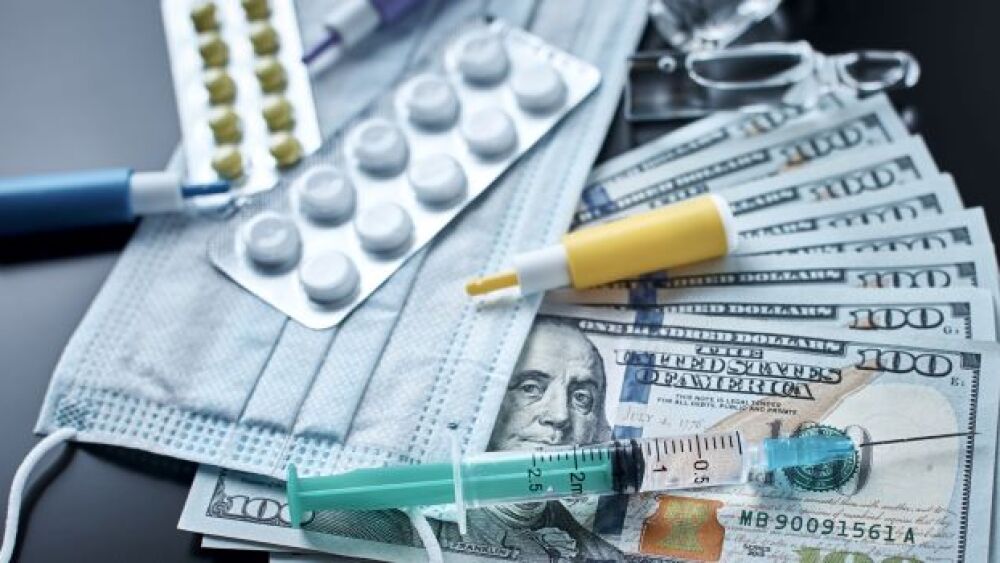The Sept. 30 deadline for Congress to reauthorize the FDA’s prescription drug user fee is looming, while advocates and detractors are debating the merits of the funding source.
The Sept. 30 deadline for Congress to reauthorize the FDA’s prescription drug user fee is looming, while advocates and detractors are debating the merits of the funding source.
The user fees have become a source of contention among the different sides. Industry representatives say the fees allow for quicker regulatory action and spur innovation within the industry. Those who raise concerns about the fees argue that the industry financing weakens the agency’s role as a watchdog over prescription drugs, the New York Times reported.
The prescription drug user fees from pharmaceutical and biotech companies and medical device developers make up a significant portion of the FDA’s annual $6.1 billion budget. The federal government provides a little more than half of the regulatory agency’s budget, about $3.4 billion.
The remaining funds are derived from industry user fees, estimated at $2.8 billion. The pharmaceutical industry is responsible for more than $1.1 billion of those fees.
Andrew Powaleny, senior director of public affairs of Pharmaceutical Research and Manufacturers of America (PhRMA), told BioSpace that delays in authorizing the user fees package could hamper the FDA’s ability to allow new medications to reach patients.
Thursday morning, Powaleny stated that a Congressional failure to reauthorize the user fee program by the Sept. 30 deadline “would disrupt the agency’s regulatory predictability to review critical medicines, including potential therapies for COVID-19.” The authorization will “ensure there is no delay in supporting the FDA’s critical work.”
A Times expose shines a light on the ongoing process, including different bill versions in both the House and the Senate that contain additional requirements, including increases in oversight. This is mainly in the wake of the infant formula shortage sparked by a shutdown of a single Abbott plant in Michigan. The event followed concerns over bacterial infections, leading to a massive recall of infant formula.
Versions of the House and Senate bills also included a raft of extra proposals requiring annual inspections of infant formula makers and increasing oversight of cosmetics, diagnostic tests, dietary supplements and food packaging. Some of these proposals will not survive the Congressional deal-making.
One amendment to the reauthorization that would allow the FDA to “help generic drug makers replicate an off-patent drug with specifics on the ingredients” has already been squashed by Sen. Richard Burr (R-NC), who is the ranking Republican on the Senate’s oversight committee, The Times noted.
The year 2022 marks the 30th anniversary of user fees. They were put in place in 1992 when AIDS activists called the FDA to authorize more drugs quicker. Within ten years, the approval rate of drugs increased.
The Times reported that until that time, it took the FDA about 19 months to authorize new drugs. Following the acceptance of user fees, which allowed the FDA to hire more employees to assist with the reviews, the average time for approval had dropped to about 10 months.
Over the years, the scope of the user fees was expanded to include medical devices, generic drugs and biologics. By 2012, drug companies accounted for half of the FDA drug division budget.
Detractors of the user fees stated that speeding up the process, which includes reducing the number of clinical trials necessary for approval, has increased the chances of allowing the approval of either subpar or unsafe drugs.
Earlier in 2022, FDA Commissioner Robert Califf noted the user fee program may not be the most ideal of situations for the agency and industry at large. The commissioner added that he wished the FDA was entirely funded by taxpayers and did not have to rely on user fees.





